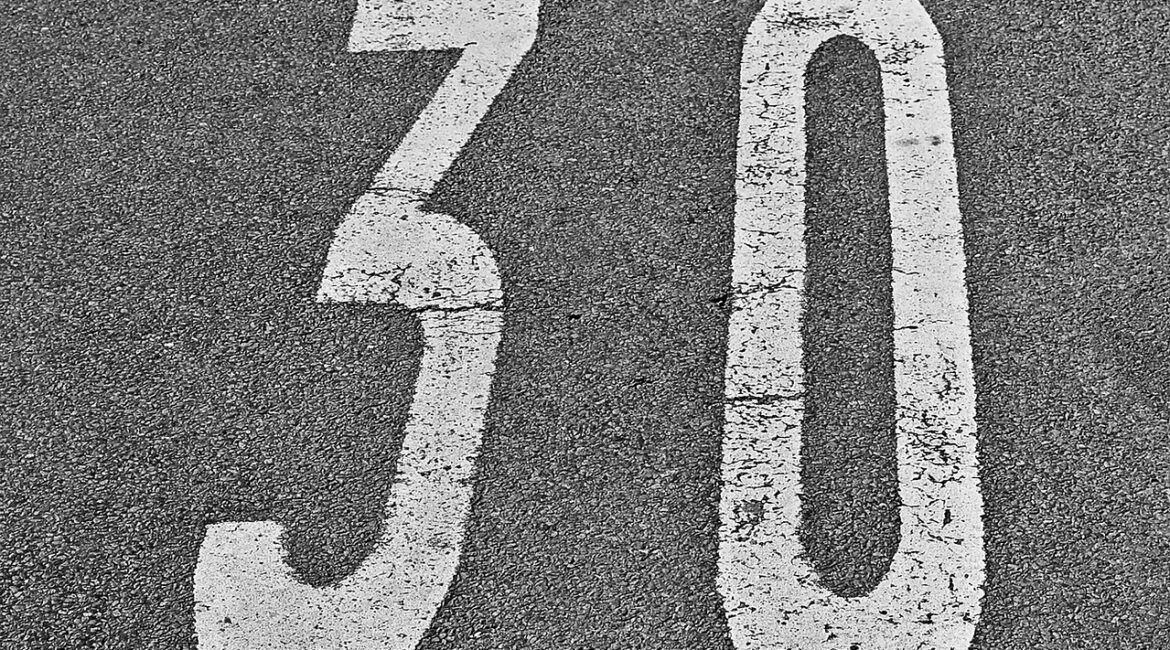The Sunni politician Mohammed al-Halbousi has been elected as speaker of the new Iraqi Parliament on Sunday, in the first session since the 10 October elections, paving the way for the election of the country's new president and government. Halbousi was elected for a second term as speaker, defeating Mashhadani, a former speaker of the first parliament, in 2006. Halbousi won with 200 votes, according to a statement.
Hakim al-Zamili, who ran for Sadr’s party, was elected as Halbousi’s first deputy speaker. Shakhwan Abdulla from the Kurdistan Democratic Party (KDP), was voted second deputy.
Iran-backed Shia political coalition "Fatah" bloc and the "State of Law" coalition submitted a document to the acting speaker requesting that their alliance be the largest bloc in parliament. Lawmakers from Shia cleric Muqtada al-Sadr's party, which came first in the October election, robustly objected to the request, protecting their position as the largest bloc.
Sadr is a populist who has positioned himself as a fierce opponent of both Iran and the United States. His bloc, already the biggest in parliament before the October election, will expand to 73 seats from 54. Its main rival for years, the "Fatah" bloc of factions linked to pro-Iran militia, saw its parliamentary representation collapse in the election to just 17 seats from 48.
Iran-backed Shia Muslim parties rejected the elections of the parliament speaker and deputies, threatening to resort to the Supreme Court to contest the legality of the nominations.
Last month the Federal Supreme Court rejected their appeal and ratified the election results.
The October vote was the fifth national parliamentary election to be held in Iraq since the 2003 overthrow of Saddam Hussein in a US-led invasion. The ballot was brought forward to calm the widespread anti-government demonstrations that swept Baghdad and nine southern governorates in October 2019, when hundreds of demonstrators were killed and dozens of activists and journalists were kidnapped and arrested.
Following the election of a speaker - by tradition a Sunni Arab - parliament will then have 30 days to choose a president, who is traditionally a Kurd. The president will then be tasked with selecting a prime minister, traditionally from the majority Shia Arab community, from the largest parliamentary bloc within 15 days.

